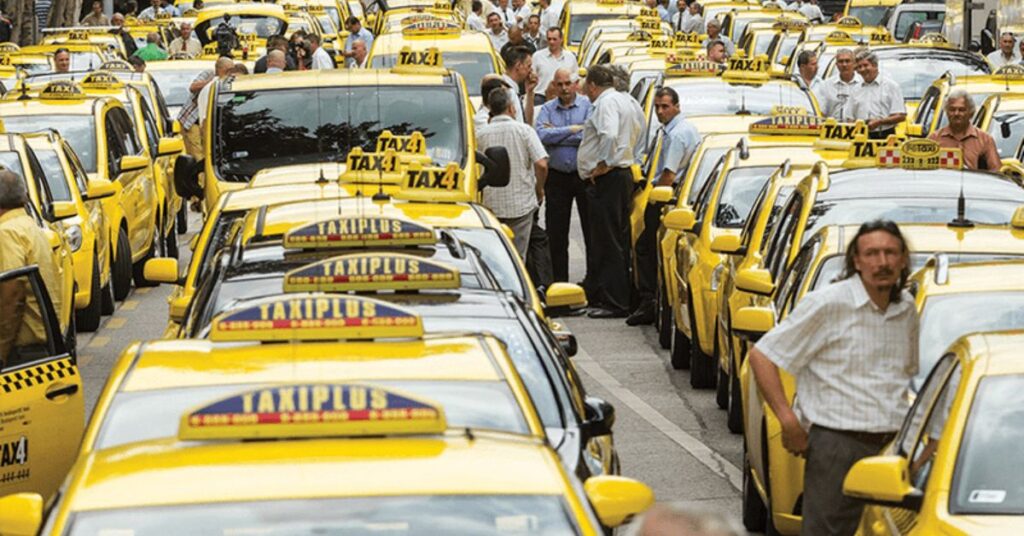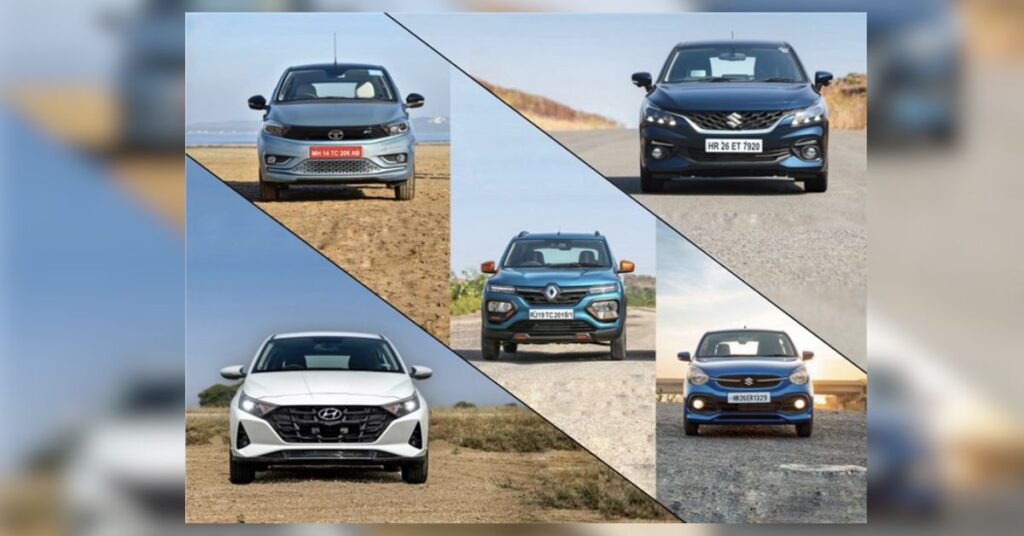Car wrapping has emerged as a popular trend among car enthusiasts in recent times. It involves applying vinyl wraps to the exterior of the car, which allows for easy modification of the vehicle’s appearance. The process is cost-effective compared to traditional painting methods, making it an attractive option for those looking to customize their cars without breaking the bank. In India, the cost of car wrapping is relatively affordable compared to many other countries.
What is Car Wrapping?
Car wrapping involves applying a vinyl covering over the car’s original paintwork. This vinyl wrap can come in various colors, textures, and designs, allowing car owners to achieve a unique and personalized look for their vehicles. The process of car wrapping typically involves meticulous application of the vinyl material to ensure a smooth and seamless finish.
Advantages of Car Wrapping
1. Easy Removal: One of the key benefits of car wrapping is that the vinyl material can be easily removed without damaging the original paintwork. This means car owners can change the look of their vehicles whenever they desire.
2. Unique Look: Car wrapping allows for a wide range of color and graphic options, enabling car owners to create unique and eye-catching designs that stand out from the crowd.
3. Window Wrapping: Car windows can also be wrapped, providing opportunities for creative makeovers and privacy enhancements.
4. Time-Efficient: Compared to traditional painting, car wrapping is a faster process, reducing the time the vehicle spends in the workshop.
Cost of Car Wrapping
The cost of car wrapping can vary depending on factors such as the quality of the vinyl material, the size of the vehicle, and the complexity of the design. In India, car wrapping can cost as low as 10,000 INR and go up to 100,000 INR, depending on these factors. It is essential to prioritize quality to ensure a long-lasting and satisfactory result.
Legality of Car Wrapping in India
Car wrapping is legal in India, provided that the primary color of the vehicle remains the same as mentioned in the vehicle’s registration certificate (RC). Car owners can wrap specific parts of their cars in different colors, such as the bonnet, roof, or rear-view mirrors, without any legal issues.
Re-registration Requirement
If car owners choose to wrap their vehicles with a different color, they may need to re-register their cars with the relevant governing authorities. However, if the primary color remains unchanged, re-registration is not necessary.
Durability of Car Wrapping
While car wrapping offers a cost-effective way to change a car’s appearance, it may not be as durable as traditional paint. The vinyl material can be more susceptible to damage from scratches, chips, and UV exposure compared to automotive paint. However, proper care and maintenance can help prolong the lifespan of the wrap.
Preserving Original Paint
Contrary to rumors, car wrapping does not damage the original paint of the vehicle. In fact, it provides an added layer of protection against external elements, preserving the car’s original paint and preventing it from fading or getting scratched.
Final Remarks
Car wrapping is a fantastic alternative to traditional painting, offering car owners a cost-effective and versatile way to customize their vehicles. While car wrapping may not be as durable as paint, it provides a myriad of design possibilities and protects the car’s original paint. If you’re considering changing your car’s appearance, car wrapping is a technique worth exploring. Just remember to choose high-quality materials and professional installation for the best results.




